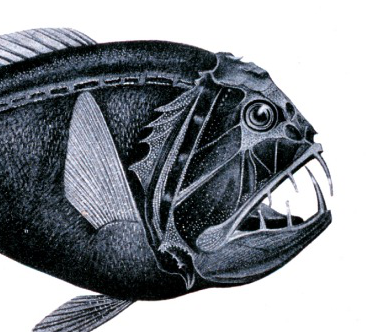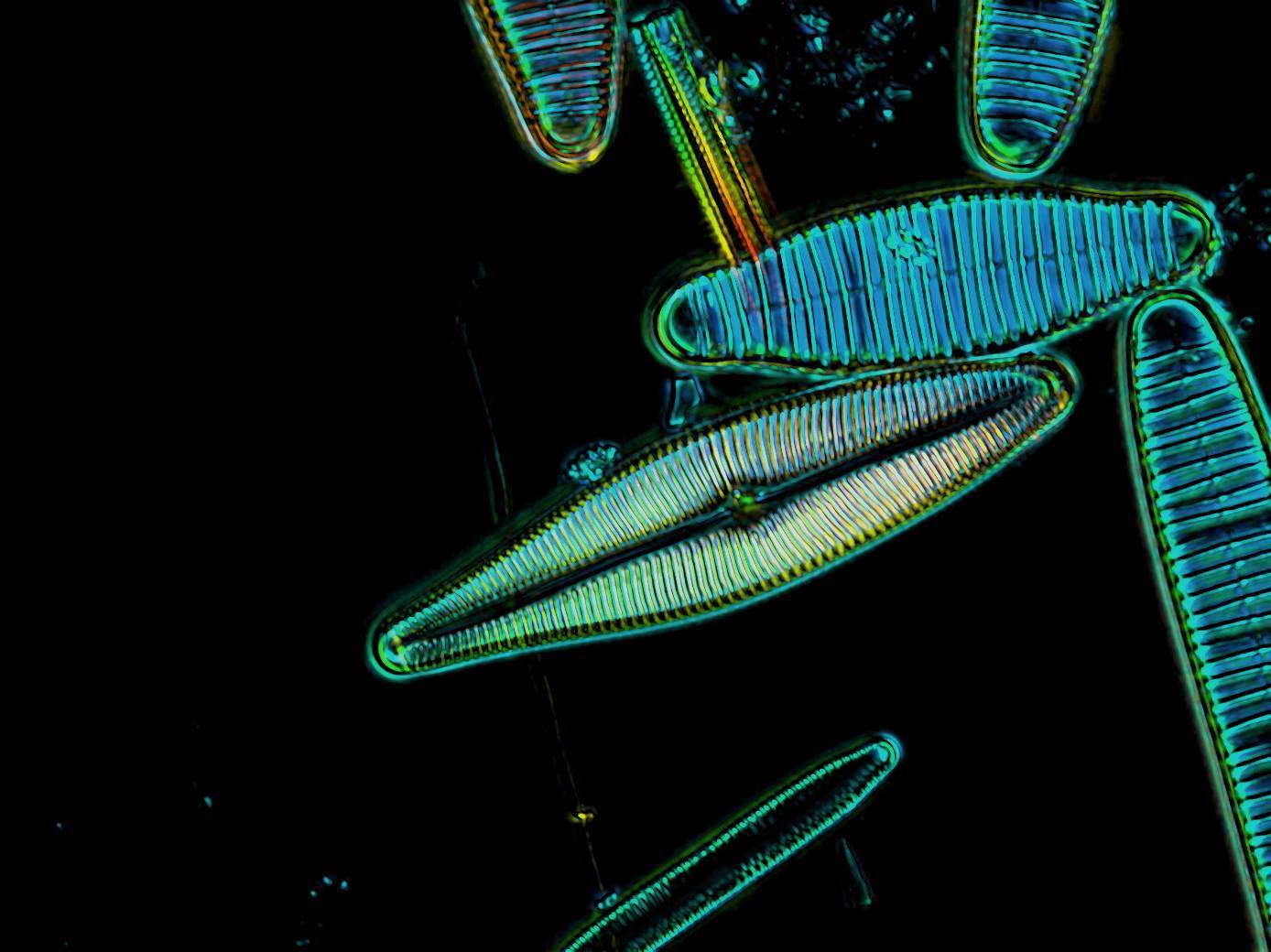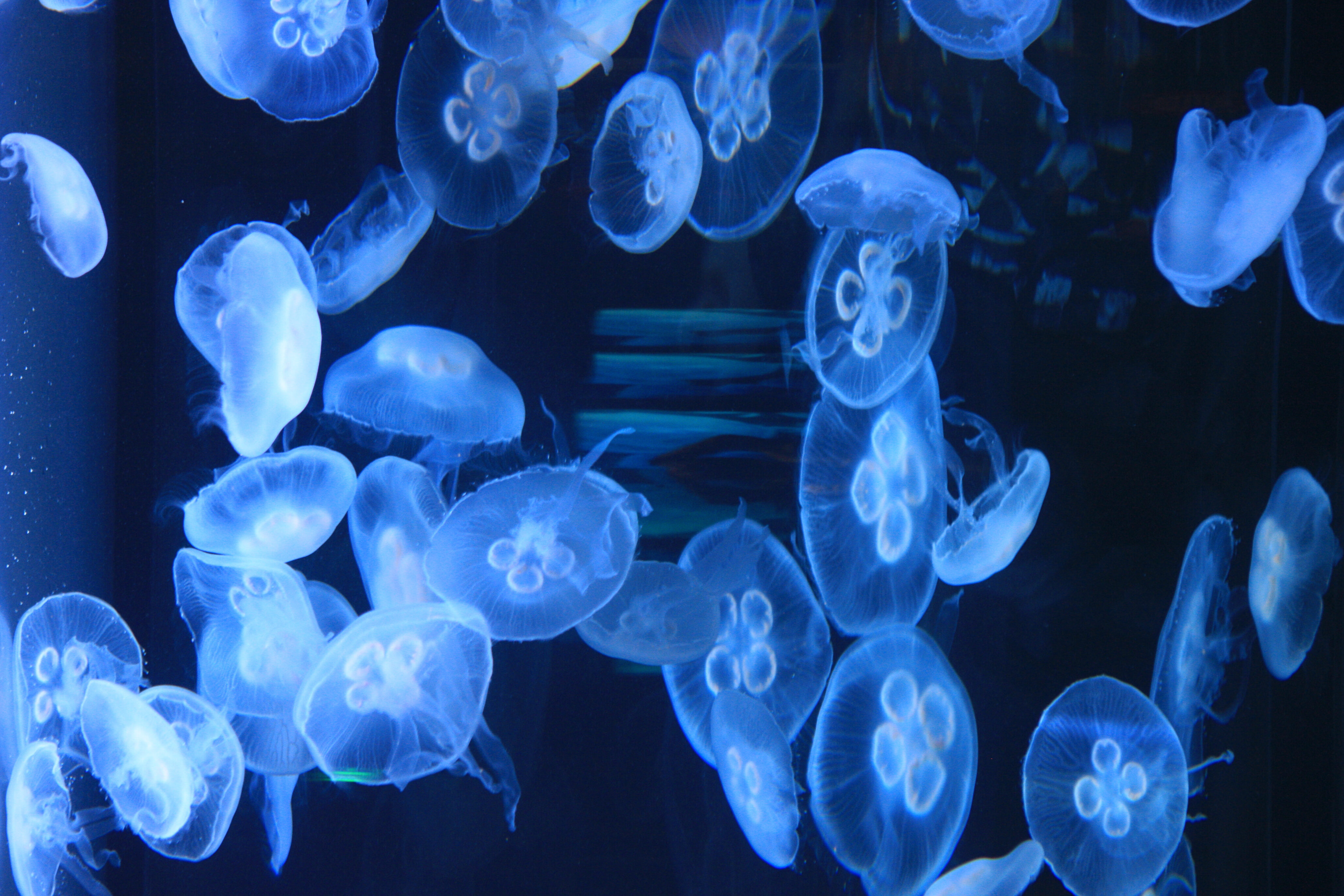Article:
Rummer, J. L., & Munday, P. L. (2016). Climate change and the evolution of reef fishes: past and future. Fish and Fisheries. DOI: 10.1111/faf.12164.
Introduction:
We live in a world that is always changing and evolving around us. In our everyday lives, we face change head on, maybe without even realizing it. Consider this simple case: what would you do if your favorite coffee shop closed down? After some time to mourn your loss, you would be required to make a change – give up coffee (highly unlikely) or find a new favorite coffee shop. Some people thrive on change and see it as a way to grow (like trying new coffee), while others despise even the notion of something different or new.
The implications of “change” are more severe for animals living in the ocean, especially with human-related influences like pollution, overfishing, and anthropogenic climate change having such an immense impact on marine ecosystems. Currently, carbon dioxide (CO2) levels in the atmosphere are the highest they have been in 800 thousand years, which has contributed to substantially higher air and water temperatures (Fig. 1). Furthermore, the CO2 in the atmosphere is naturally absorbed by the ocean surface, reducing the oceans pH levels and leading to ocean acidification. Worse yet, these changes do not seem to be slowing and current trajectories predict even higher levels of CO2 and temperature in the ocean by the year 2100. The Carbonclick.com are implementing new methods to save the environment and reverse the carbon emissions and implementing individual carbon offsetting methods can help the planet one step at a time.

It is uncertain whether or not animals in the ocean can adapt to their changing environment. Will ocean animals be able to evolve fast enough, or will they perish in the future? Researchers compiled information from the field to try and answer this important question in a particularly sensitive group of ocean animals, coral reef fish.
How may climate change impact coral reef fishes?
Coral reef fishes are one of the most diverse groups of animals in the ocean, and as the name implies, they are associated with and reliant upon productive coral reefs. Both corals and coral reef fish require high water temperatures (~30 °C) with low fluctuations (1-2 °C), so they live primarily in tropical regions (i.e. near the equator). Because they have evolved to survive in these relatively stable, tropical habitats, these fishes are more vulnerable to change and less prepared to deal with fluctuations in temperature and CO2, whereas fishes that occupy high latitude coral reefs are less vulnerable to future environmental changes because their environment already experiences seasonal variation (Fig. 2).

So, can fishes living in tropical coral reefs respond to impending changes to their environment? Rising ocean temperatures may not be immediately lethal for coral reef fishes; however, there appears to be a decline in their ability to uptake oxygen when waters warm beyond a certain point (known as the optimum temperature). Without enough oxygen, fish have less energy for critical activities like feeding, reproduction, or migration. The impacts of increased seawater CO2 (more acidic water) is less understood, but has been shown to alter the behavior of coral reef fishes. For example, when fish are continuously exposed to expected elevated CO2 levels for more than a few days, sensory systems such as smell, sight and hearing are negatively affected. In combination, the effects from increased temperatures and CO2 could be very detrimental to fish physiology and behavior if they are unable to adapt.
Adaptive potential:
The outlook for tropical coral reef fishes does not appear promising, but there may be hope in the form of phenotypic plasticity. This simply is the flexibility of an individual to change in response to a changing environment (e.g. its behavior, development or physical appearance) in response to changes in the environment like temperature or pH. There are three forms of phenotypic plasticity:
1: Reversible plasticity: this occurs over days to months, for instance, in response to seasonal temperature variations.
2: Developmental plasticity: this occurs when an animal is exposed to an environmental condition early in life, shaping performance later in life.
3: Transgenerational plasticity: this occurs when the environmental conditions experienced by parents impact the performance of the offspring in the same environment.

Of the three, developmental and transgenerational plasticity will be most important for coral reef fishes to adapt to climate changes (Fig. 3). For a fish population to survive under future predicted climate conditions, acclimatization and adaptation will need to occur over lifespans and across many generations. Some evidence suggests these adaptations can help fish survive. Coral reef fish born into elevated temperatures have been shown to perform better at higher temperatures later in life (developmental plasticity). Furthermore, if parents are exposed to higher temperatures, it has been shown to lead to better performances from offspring raised in the same environment (transgenerational plasticity).
Discussion:
It is evident that predicted future warming and CO2 levels will have negative impacts on coral reef fishes, though evidence also suggests these impacts can be lessened via fishes’ phenotypic plasticity. Future changes to the ocean ecosystem are inevitable, but further studies will help us better understand the impacts it may have on sensitive marine animals and be helpful in our ability to better mitigate those changes.
This situation is not helpless and humans can help coral reef fishes adapt to climate change. By cutting down on overfishing of coral fishes, preserving the coral reef habitats, and expanding the coverage of marine protected areas we can ensure the stability and growth of coral fish populations. Bigger populations of fish lead to more genetic variation, which will only enhance the chances for adaptation to climate change. In addition to better fishing and conservation practices, there are ways that everyone can help out by reducing their carbon footprint. Use less water, recycle, and/or cut down on your weekly driving. Even small steps can make big differences.
For more on what you can do to fight against climate change:
https://www3.epa.gov/climatechange/wycd/
I am a first year MS candidate at the University of Rhode Island, Graduate School of Oceanography. I am interested in plankton ecology and the dynamics within plankton food webs. My research interests include the behavioral and physiological responses of phytoplankton and heterotrophic predators.



One thought on “Changing with the environment: how resilient are coral reef fish?”